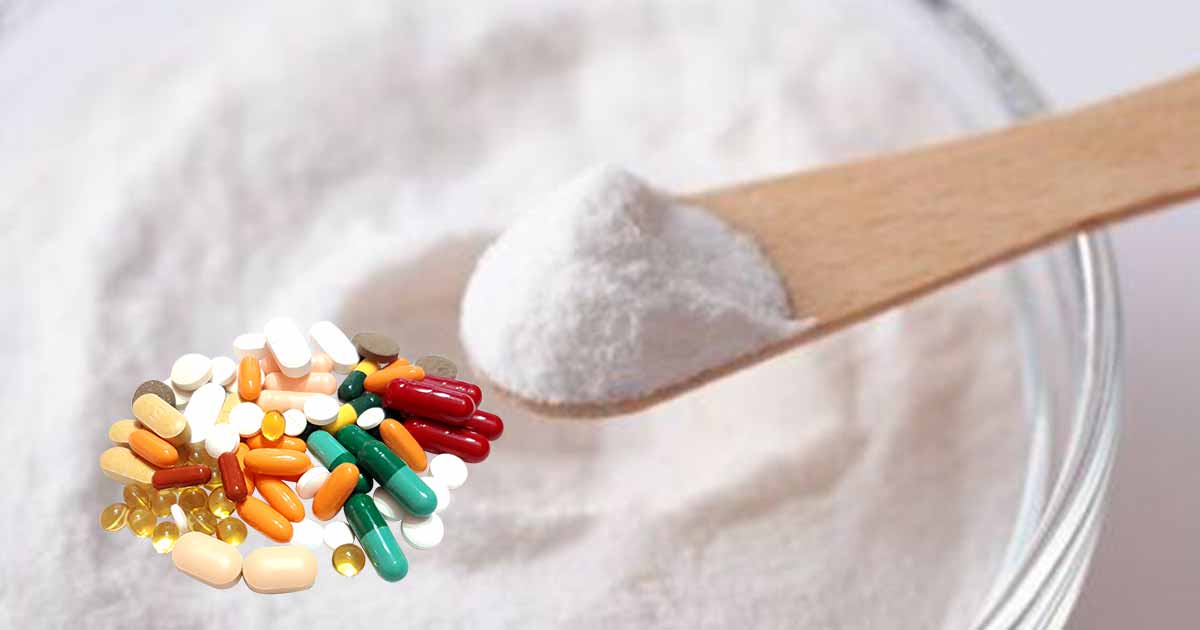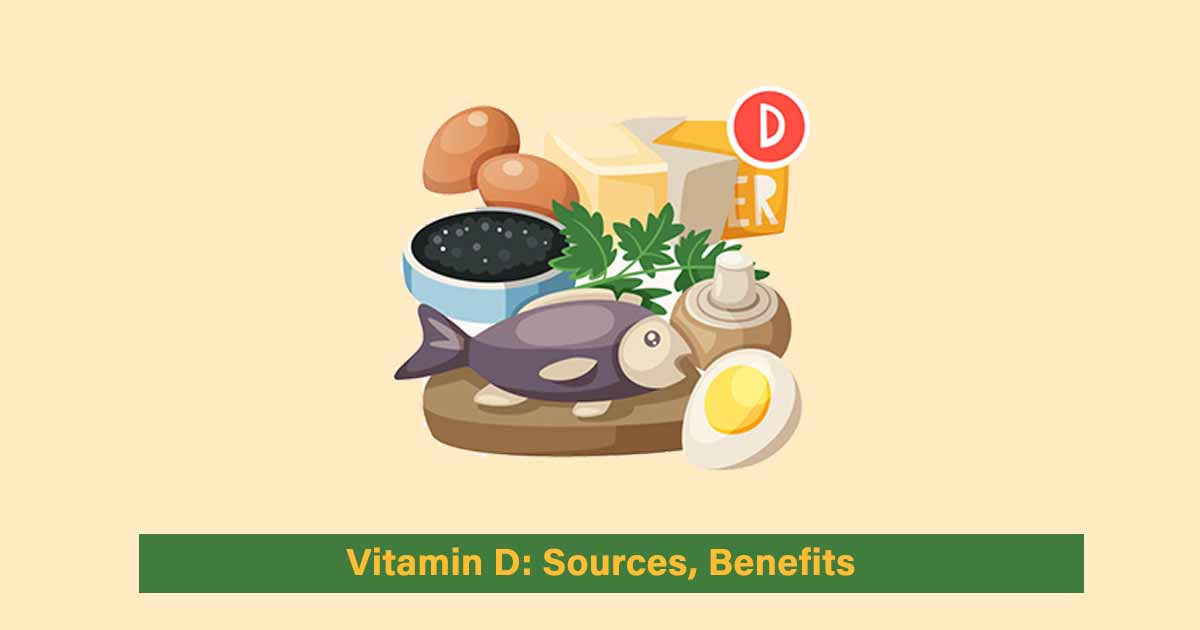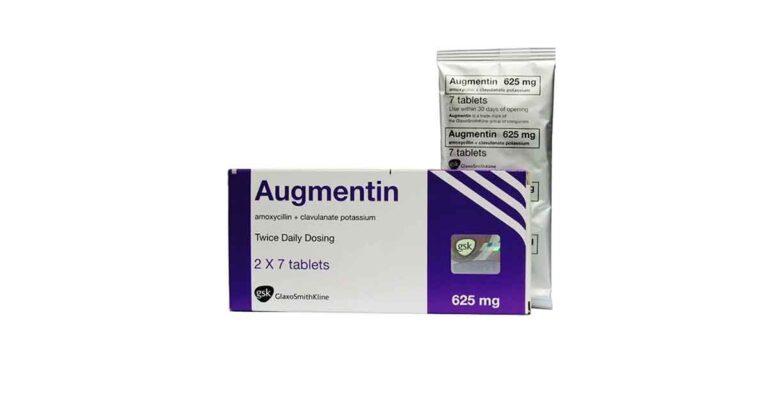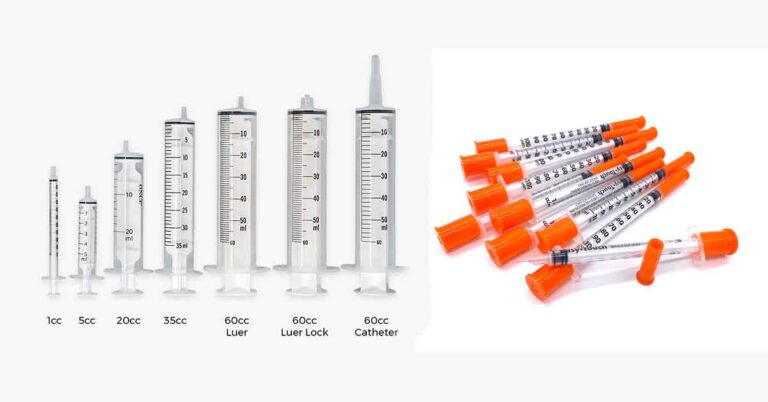High strength vitamin C is also called ascorbic acid (ascorbic acid is the chemical name of vitamin C). It is a water-soluble vitamin that helps in the normal body function, growth and development, wound repair, collagen formation, strengthening of the cartilage, bones, and immune system function.
It also supplies antioxidant to the body, preventing oxidative stress and cardiovascular diseases such as high blood pressure, stroke, heart diseases. Vitamin C also helps to prevent common cold, cancer, and obesity.
The highest known source of vitamin C is an Australian food Kakadu plum (Terminalia ferdinandiana). It contains the 2,907 mg vitamin C per 100 grams of the fruit. This is over 100 times more vitamin C than oranges. Other rich sources of vitamin C are kiwi, green pepper, oranges, lemon, lime, moringa, strawberries, cantaloupe, vegetables such as broccoli, tomatoes, spinach.
Vitamin C comes in different formulations such as the tablet, chewable tablet, extended release capsule, extended release tablet, granules, crystals, injection, oral solution, syrup, powder, effervescent powder forms.
High Strength Vitamin C (Vitamin C Supplement)
High strength vitamin C is used to boost body immunity, wound healing, prevent diseases such as high blood pressure, stroke, heart diseases, treat common cold, improve memory functions, and help the body to absorb iron. It also reduces blood uric acid levels and the risk of gout. We have forms of vitamin C supplements such as:
- Calcium ascorbate
- Mineral ascorbates
- Sodium ascorbates
- Ascorbic acid with bioflavonoids
- Ester-C®, a combination product containing calcium ascorbate, calcium threonate, dehydroascorbate, xylonate and lyxonate. (https://ods.od.nih.gov/factsheets/VitaminC-HealthProfessional/)
These supplements may come as liquid, tablet, gums, capsule, effervescent tablet, chewable tablet, powder, spray forms. There is a vitamin C supplement known as liposomal vitamin C. This type of vitamin C is a newer form of drug delivery system that helps in delivering the drug directly to the site of action.
Liposome Vitamin C
Liposomal vitamin C is contained in liposomes, a sphere-shaped vesicle that has one or more phospholipid bilayers. Liposome is flexible, non-toxic, biodegradable, bio-compactible and non-immunogenic for administration. It is a targeted drug delivery system used for drugs such as antimicrobials, antioxidants, flavors that can trap unstable compounds affecting how the drug work negatively.
Advantages of using liposomes in manufacturing drugs are increased stability, efficacy, and therapeutic index of the encapsulated drug. Other advantages are reduced toxicity, and exposure of tissue to toxic drugs, e.g. amphotericin B, Taxol. Liposome vitamin C is readily bioavailable in the body since there is less oxidation.
However, there are disadvantages such as low shelf life, low solubility, high cost of production, leakage of the drug and oxidation, hydrolysis of the drug.
Difference between High Strength Vitamin C and Standard Vitamin C
The high strength vitamin C is a formulation of the ascorbic acid that comes as a 500mg, 1000 mg, 1500 mg dosage, and even up to 2000 mg dosage while the standard vitamin C can come in lower dosage form such as 50 mg, 100 mg, 200mg, 250 mg.
All the different vitamin C formulations perform the same function. The only difference is the dosage, which will probably affect how faster the relief of the symptoms and diseases.












